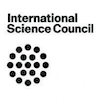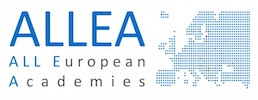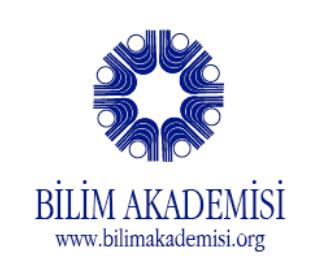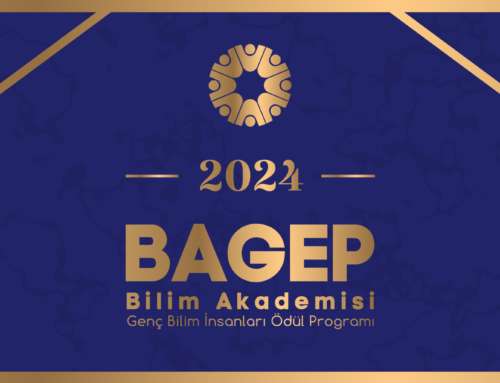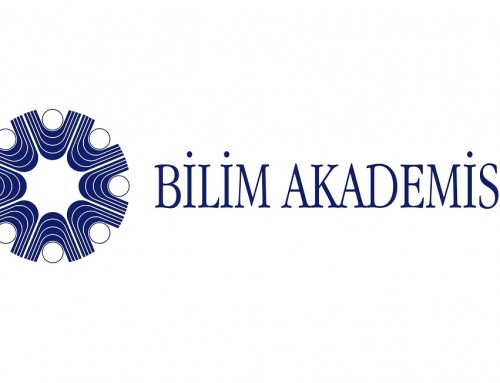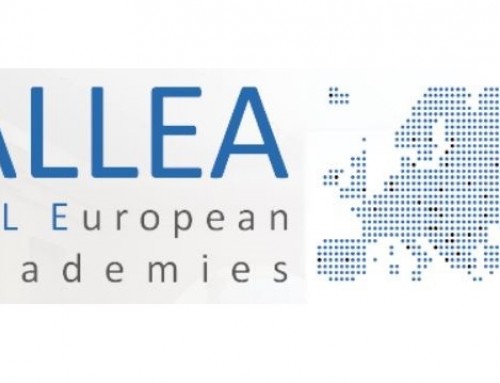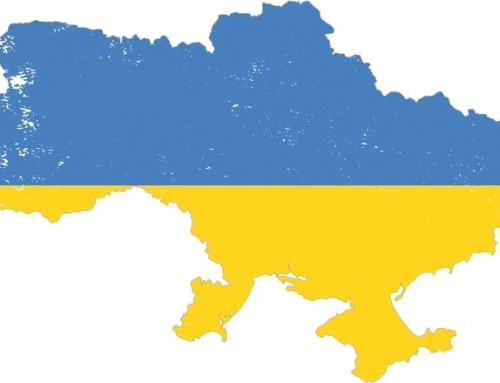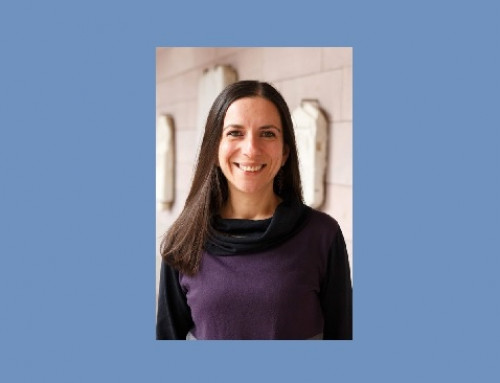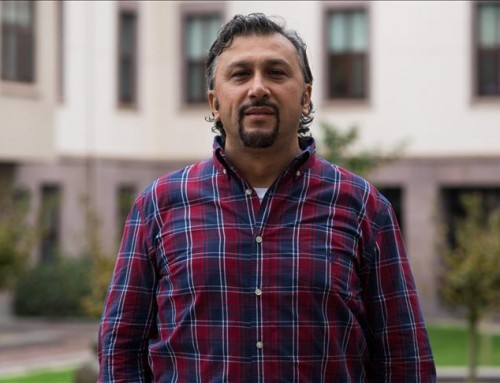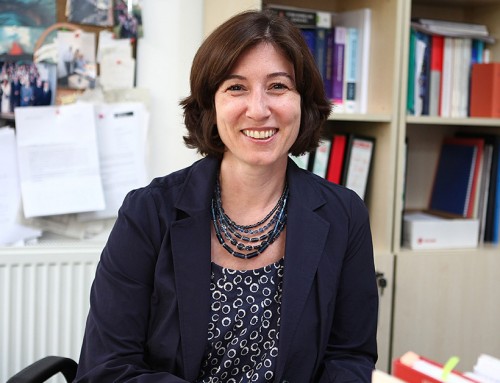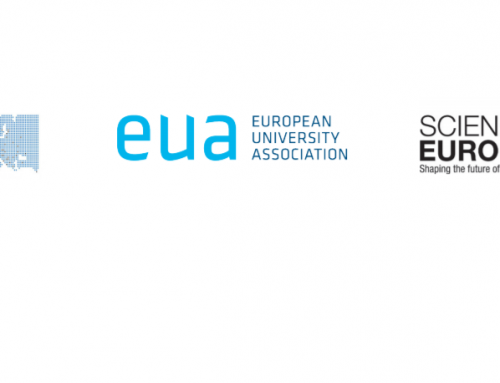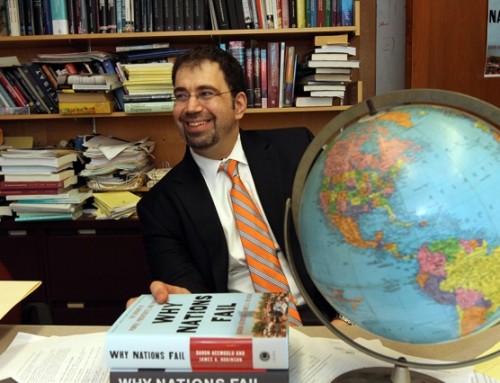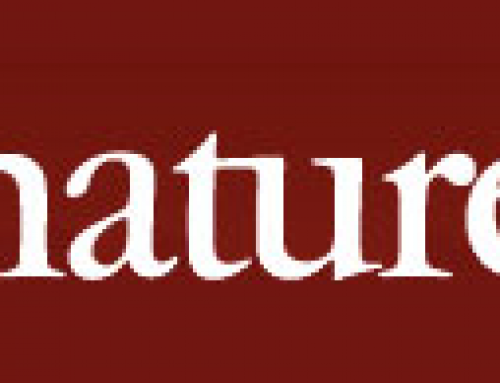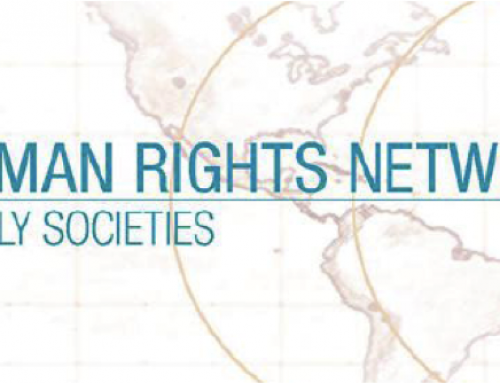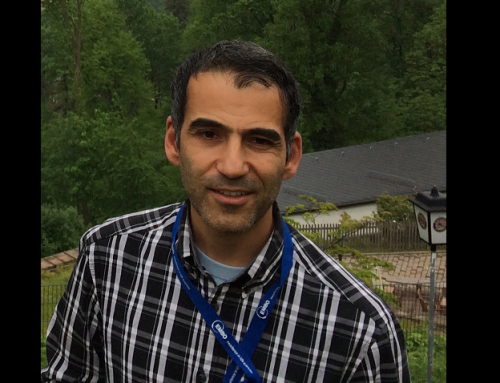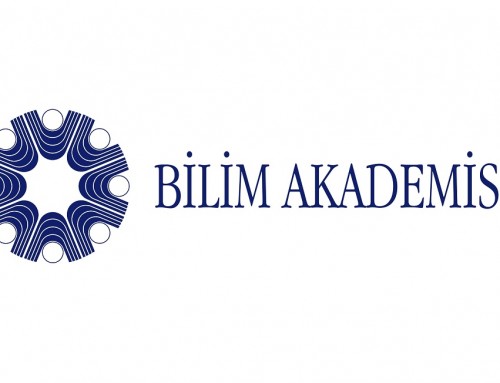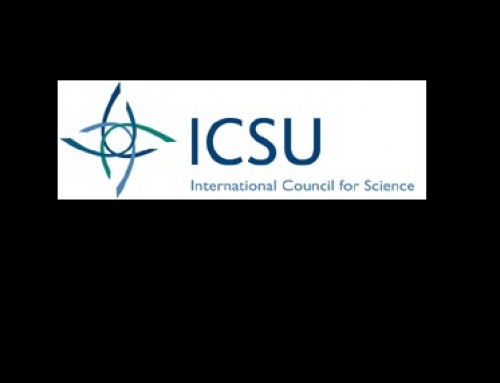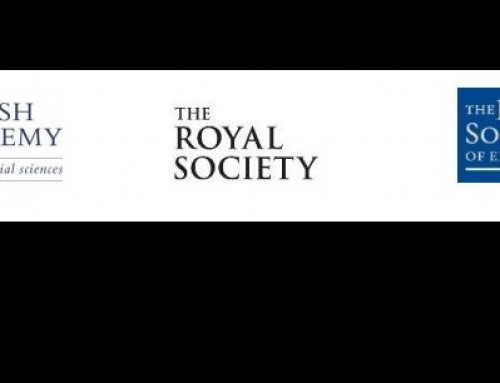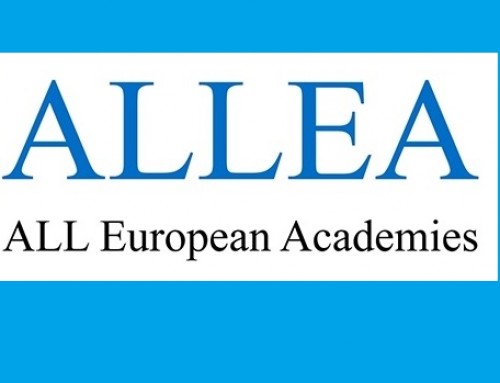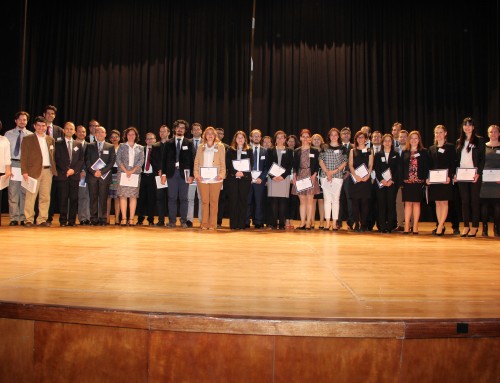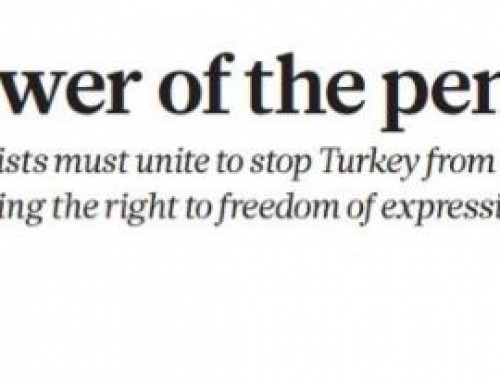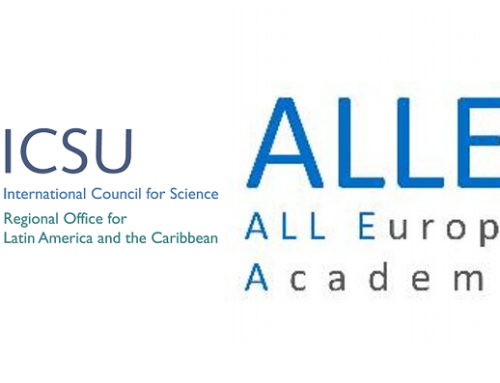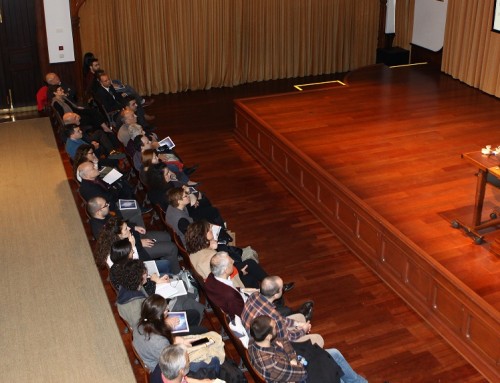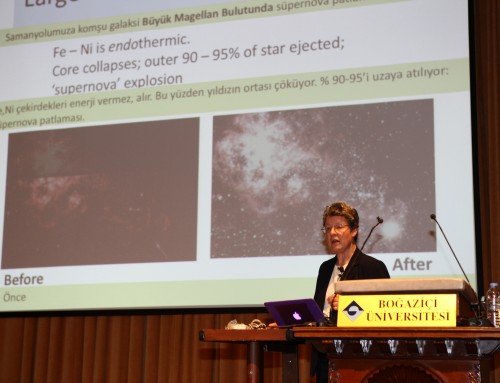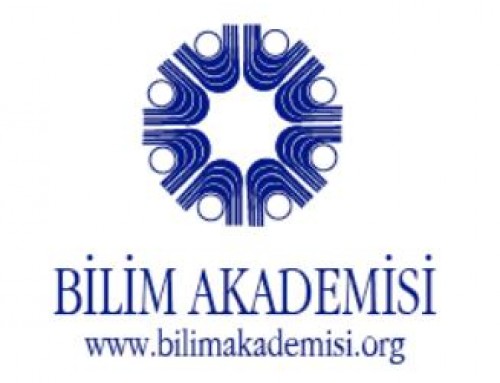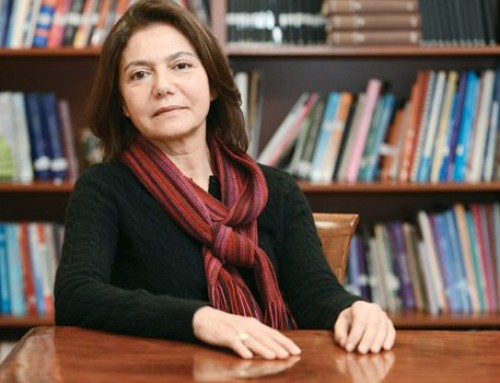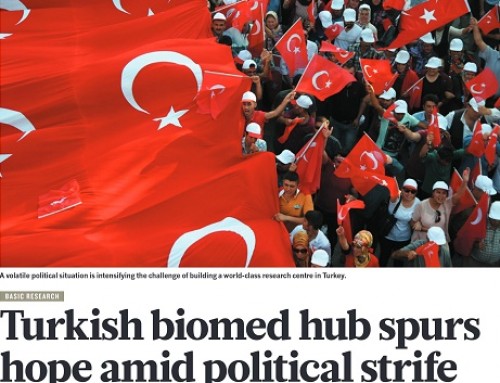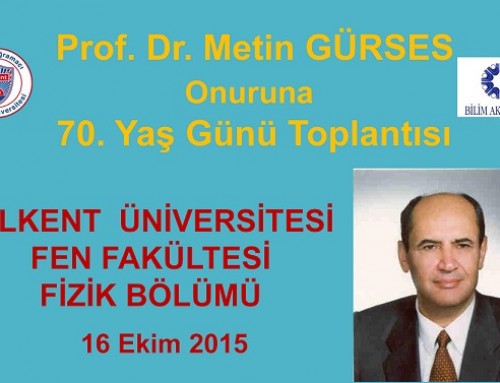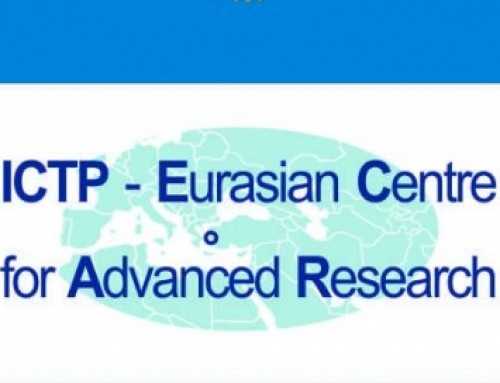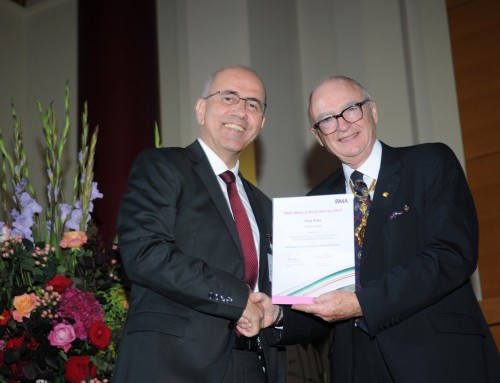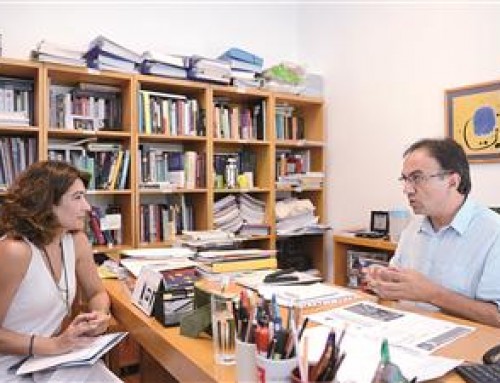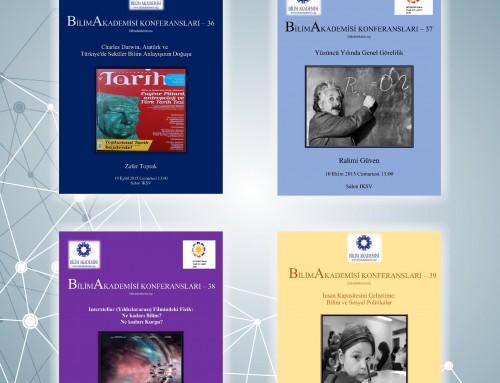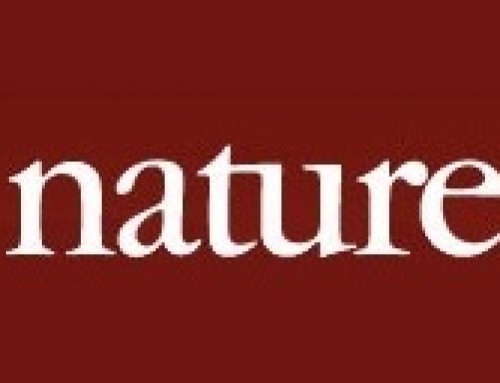The Science Academy’s Statement on the Limitation of Studies on Immigrants is as follows:
“Limitation of Studies on Immigrants Goes Against Scientific Freedoms!
On April 6, 2015, the Ministry of Interior sent a communiqué entitled “Field Studies on Individuals Seeking Temporary International Protection” to the Council of Higher Education (YÖK), which later passed it on to presidents’ offices at universities across Turkey on April 10th, 2015. In brief, the communiqué states that it is against the law to share with the countries of origin and third parties any personal or other information concerning those individuals who seek asylum in Turkey as per “Law on Foreigners and International Protection” and “Regulation on Temporary Protection”, due to the ‘principle of confidentiality’. As such, faculty members are informed that certain academic field studies on Syrians in Turkey are in breach of the applicable articles of the said legislation, and that such studies can only be conducted following approval by the relevant ministry.
In actual fact, an analysis of the relevant law and regulation reveals that this obligation of confidentiality basically falls upon state officials who collect data. Indeed, due to the nature of data protection, individuals who collect data due to their public authority, with the consent of the participant, are under the obligation of keeping this information confidential and not sharing it with third parties without prior approval. This obligation cannot be interpreted in such a way so as to ban non-state officials from collecting data. On the contrary, all personal data collected in a field study with the consent of refugees, can be utilized in scientific studies. As suggested by the article 24 of the draft Law on Data Protection -now pending parliamentary approval- it is not against the law to “utilize personal data for research, planning and statistical purposes after rendering it anonymous”. This statement has been taken directly from the European Union Directive no. 95/46 on data protection. On the other hand, universities’ boards of ethics perform the necessary checks before such a study is initiated and review the details of the consent form to be used in such studies.
Undoubtedly, the safeguarding of personal data is an important principle valid in all scientific research. However, subjecting studies which already abide by this principle to ministerial approval is in breach of scientific and academic freedoms guaranteed by the Constitution. This communique sent by the Ministry of Interior to YÖK is unconstitutional. We would like to inform the general public that this situation has to be urgently amended.”
